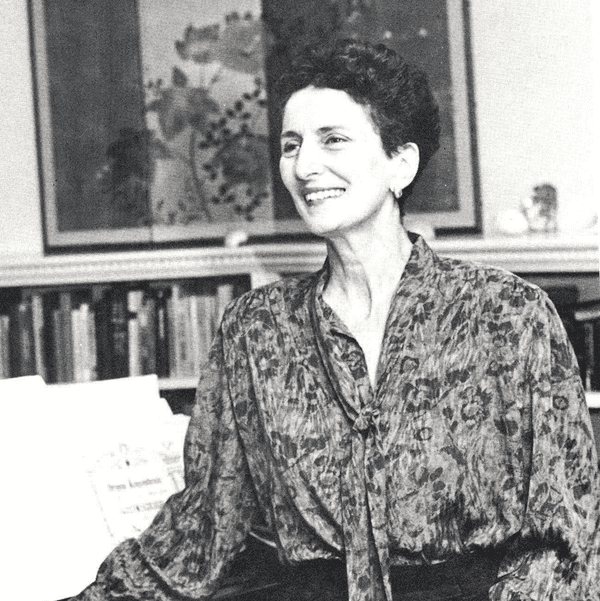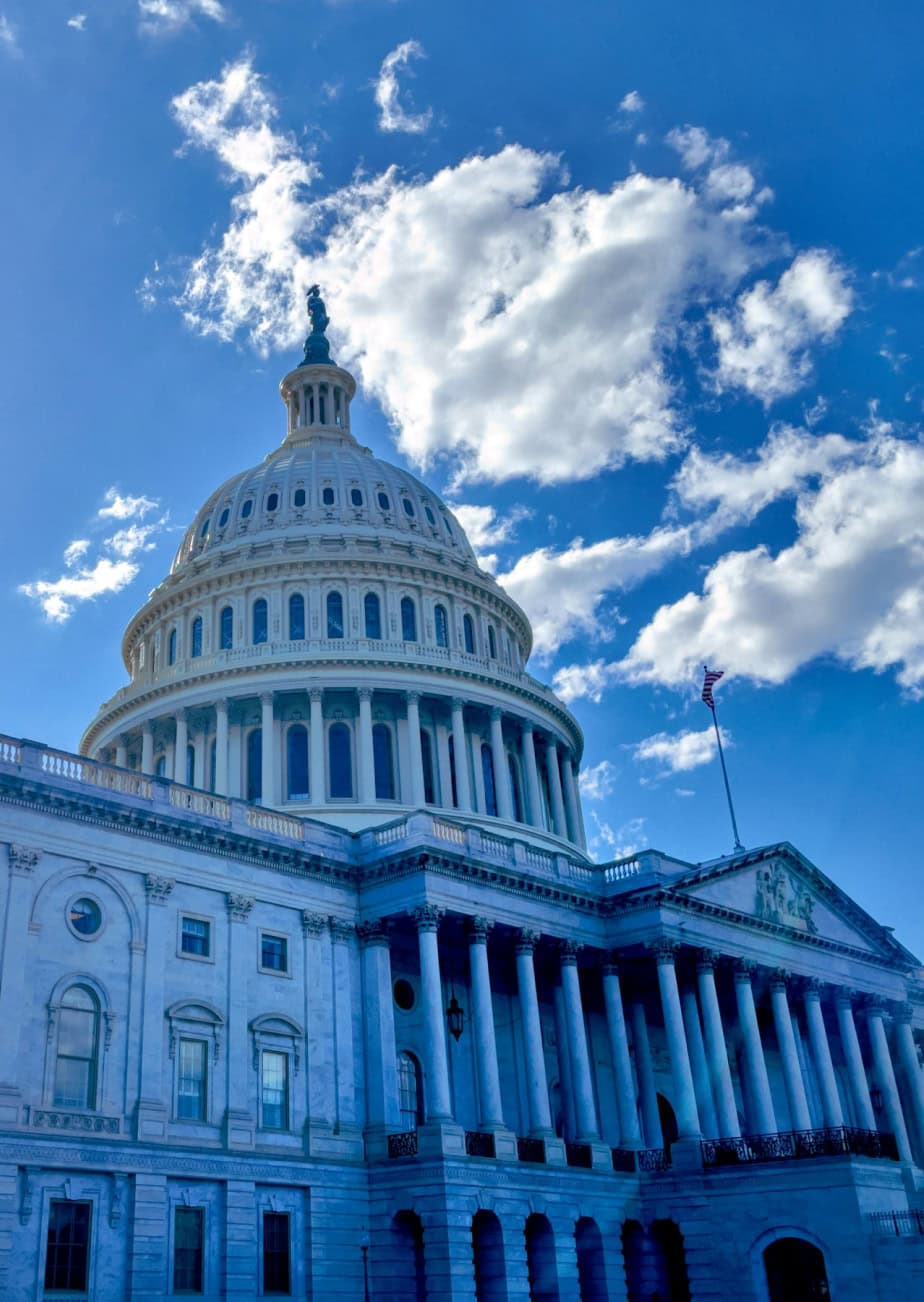From Why Become a Historian? (1996)
Princeton University
I fell in love with history when I was in high school. I studied all the periods I could, from ancient Sumeria to modern America, but it was especially the European Enlightenment and the French Revolution that captivated me. Here was a wondrous time, I thought. Here are inspiring ideas. I was one of the few Jewish students in my class; insofar as there was a minority in that fancy school in those days, we were it. In the democratic hopes of 18th-century France I found a past that seemed to belong to me—certainly more than the old countries of Poland and Russia, of which my grandparents rarely spoke, and more than colonial America, the ancestral home of many of my classmates.
At college my love of history was reinforced by politics. It was right after World War II, and a small group of my left-wing friends and I wanted to create a peaceful world, stop racism, and put an end to what we saw as the ravages of capitalism. I was fascinated by what I was learning about the past. How did change come about, I kept asking in all my courses, and why did the great revolutions of Europe turn to dictatorship? By then I was focusing on the early modern period. Here is where it all began, I thought, capitalism, modern rational criticism, the modern competitive personality.
When I first went to graduate school, I thought I might study history in order to go into documentary filmmaking. But by then I was married, and my husband was planning to be a mathematics professor, so I decided to take the university path, too. I thought it would be easier to combine teaching with raising a family. At graduate school I discovered the delights of social history. Trying to dig up material about peasants and artisans was like being on a treasure hunt, and trying to figure out how religious life fit with social and economic life was like going up a hard mountain trail and then having a magnificent view at the top. I wanted to test out the grand theories of Max Weber and Karl Marx, so I decided to do my dissertation on how Protestantism grew among the working people in 16th-century Lyon.
I’ll never forget my first trip to France, in 1952, to work in the archives. France seemed as exotic and beautiful as a fairy tale, yet it also seemed like home. Holding the documents from the 16th century in my hands was a special form of communication with those long-dead people I wanted to bring to life again in my writings. Every day the archives brought surprises, and when I finally wrote my thesis, my ideas about how religious choice intersected with socioeconomic conflict had gone in new directions.
More than 30 years have passed since I earned my PhD. My ways of fighting for social justice have changed; I now do cultural history along with social history and include many more kinds of people—women, Jews, Amerindians, Africans—in my study of the early modern period. I’ve had the pleasure of teaching generations of students and of being provoked to new insight by their questions. I’ve had the chance to take up my alternate vocation of moviemaking by serving as historical consultant for the film The Return of Martin Guerre. But I still find history full of wonders; I still find in the differences in past societies a way to take stock of the present—a source of sober realism, but also a source of hope.



